H.R. 4908: Time Off to Vote Act
This bill, known as the Time Off to Vote Act
, aims to ensure that employees have the opportunity to participate in Federal elections by providing a minimum of two consecutive hours of paid leave for voting-related activities. Below are the major components of the bill:
Paid Leave Requirement
Employers are required to grant employees at least two consecutive hours of paid leave upon request to allow them to:
- Vote in person on election day,
- Return a mail-in ballot in person, or
- Engage in other voting-related activities while polls are open.
Employer's Rights
Employers have the right to determine the specific two-hour period that employees can take for this leave. This could include designating the time during early voting periods, in accordance with state laws. Additionally, breaks such as lunch cannot be included in the two-hour count but can be taken consecutively with it.
No Loss of Employment Benefits
Taking leave under this act will not cause employees to lose any employment benefits that they have accrued prior to taking the leave.
Protection Against Interference and Retaliation
- Employers are prohibited from interfering with, restraining, or denying the right of employees to take leave under this act.
- It is also unlawful for employers to discriminate against employees for taking this leave, or for any related actions, such as opposing practices that violate this act or participating in investigations related to it.
Investigative Authority
The Secretary of Labor is granted the authority to investigate violations of this act, applying similar terms and conditions as those in the Family and Medical Leave Act of 1993.
Enforcement and Penalties
Employers who violate this act may face civil penalties of up to $10,000 per violation. The Secretary of Labor will assess these penalties, considering the size of the employer and the gravity of the violation.
Definitions
For the purposes of this act:
- An
employee is defined by the Fair Labor Standards Act of 1938. - An
employer refers to any person or entity that employs 25 or more employees during a calendar year, including those who act in the interest of the employer.
State and Local Laws
The bill acknowledges that it does not override any state or local laws that provide greater leave benefits for voting than those outlined in this legislation.
Effective Date
The provisions of this act will take effect starting from the first Federal election held after the date the bill is enacted.
Relevant Companies
None found
This is an AI-generated summary of the bill text. There may be mistakes.
Sponsors
49 bill sponsors
-
TrackNikema Williams
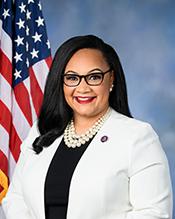
Sponsor
-
TrackYassamin Ansari
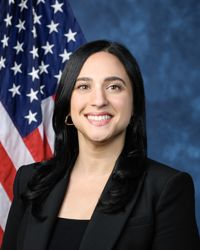
Co-Sponsor
-
TrackShontel M. Brown

Co-Sponsor
-
TrackAndré Carson
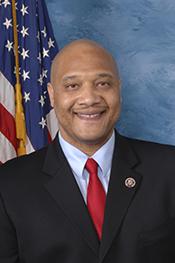
Co-Sponsor
-
TrackEd Case
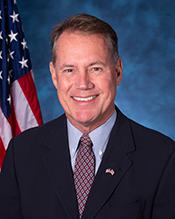
Co-Sponsor
-
TrackSheila Cherfilus-McCormick
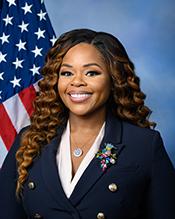
Co-Sponsor
-
TrackYvette D. Clarke
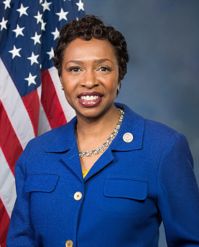
Co-Sponsor
-
TrackEmanuel Cleaver
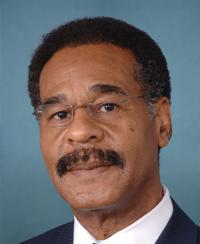
Co-Sponsor
-
TrackJasmine Crockett
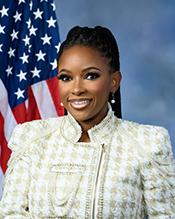
Co-Sponsor
-
TrackSuzan K. DelBene
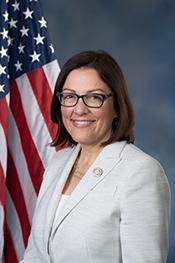
Co-Sponsor
-
TrackChristopher R. Deluzio

Co-Sponsor
-
TrackLloyd Doggett
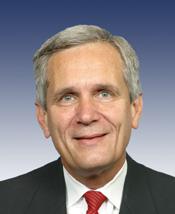
Co-Sponsor
-
TrackSarah Elfreth

Co-Sponsor
-
TrackDwight Evans
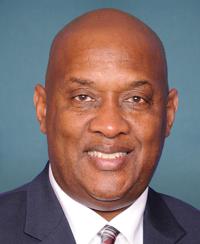
Co-Sponsor
-
TrackCleo Fields
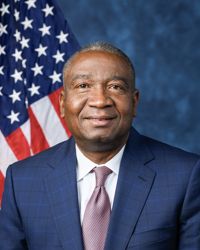
Co-Sponsor
-
TrackShomari Figures
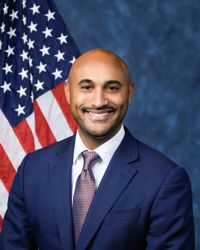
Co-Sponsor
-
TrackJesús G. "Chuy" García
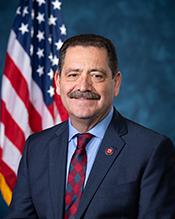
Co-Sponsor
-
TrackAl Green
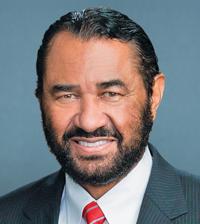
Co-Sponsor
-
TrackJonathan L. Jackson
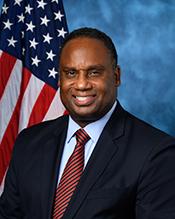
Co-Sponsor
-
TrackHenry C. "Hank" Johnson, Jr.

Co-Sponsor
-
TrackSydney Kamlager-Dove
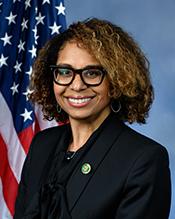
Co-Sponsor
-
TrackRaja Krishnamoorthi
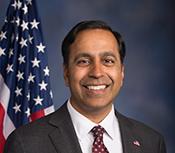
Co-Sponsor
-
TrackSummer L. Lee
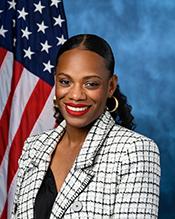
Co-Sponsor
-
TrackStephen F. Lynch
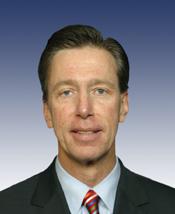
Co-Sponsor
-
TrackApril McClain Delaney
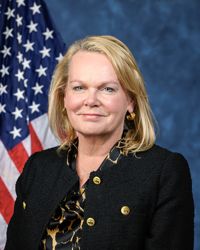
Co-Sponsor
-
TrackJennifer L. McClellan
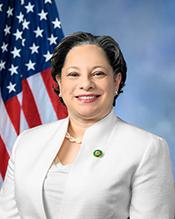
Co-Sponsor
-
TrackLaMonica McIver

Co-Sponsor
-
TrackGregory W. Meeks
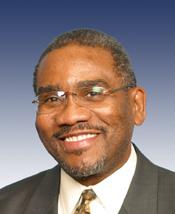
Co-Sponsor
-
TrackKweisi Mfume
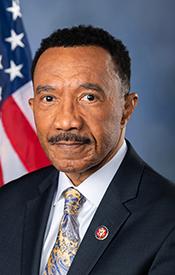
Co-Sponsor
-
TrackGwen Moore
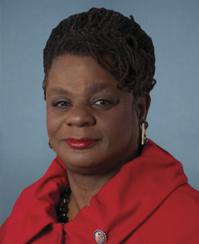
Co-Sponsor
-
TrackSeth Moulton
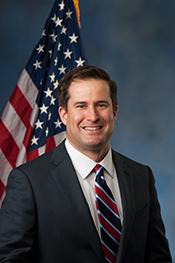
Co-Sponsor
-
TrackKevin Mullin
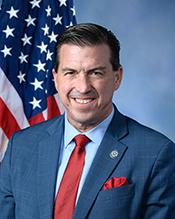
Co-Sponsor
-
TrackJoe Neguse

Co-Sponsor
-
TrackEleanor Holmes Norton
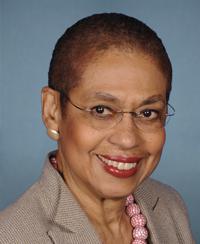
Co-Sponsor
-
TrackMark Pocan
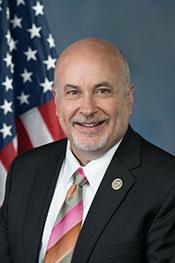
Co-Sponsor
-
TrackAyanna Pressley
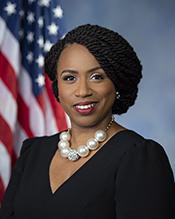
Co-Sponsor
-
TrackDelia C. Ramirez
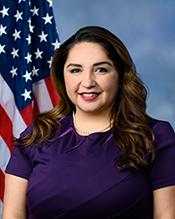
Co-Sponsor
-
TrackAndrea Salinas
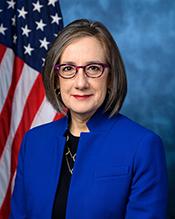
Co-Sponsor
-
TrackJanice D. Schakowsky

Co-Sponsor
-
TrackRobert C. "Bobby" Scott
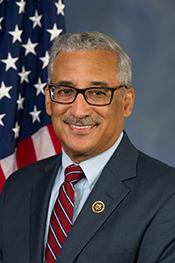
Co-Sponsor
-
TrackTerri A. Sewell
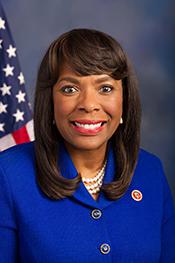
Co-Sponsor
-
TrackLateefah Simon

Co-Sponsor
-
TrackMarilyn Strickland
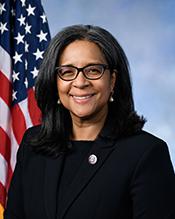
Co-Sponsor
-
TrackEmilia Strong Sykes

Co-Sponsor
-
TrackShri Thanedar
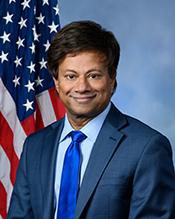
Co-Sponsor
-
TrackBennie G. Thompson
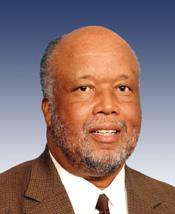
Co-Sponsor
-
TrackDina Titus

Co-Sponsor
-
TrackRashida Tlaib
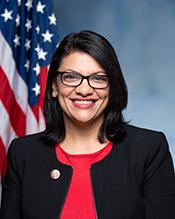
Co-Sponsor
-
TrackPaul Tonko

Co-Sponsor
Actions
2 actions
| Date | Action |
|---|---|
| Aug. 05, 2025 | Introduced in House |
| Aug. 05, 2025 | Referred to the House Committee on Education and Workforce. |
Corporate Lobbying
0 companies lobbying
None found.
* Note that there can be significant delays in lobbying disclosures, and our data may be incomplete.
Potentially Relevant Congressional Stock Trades
No relevant congressional stock trades found.